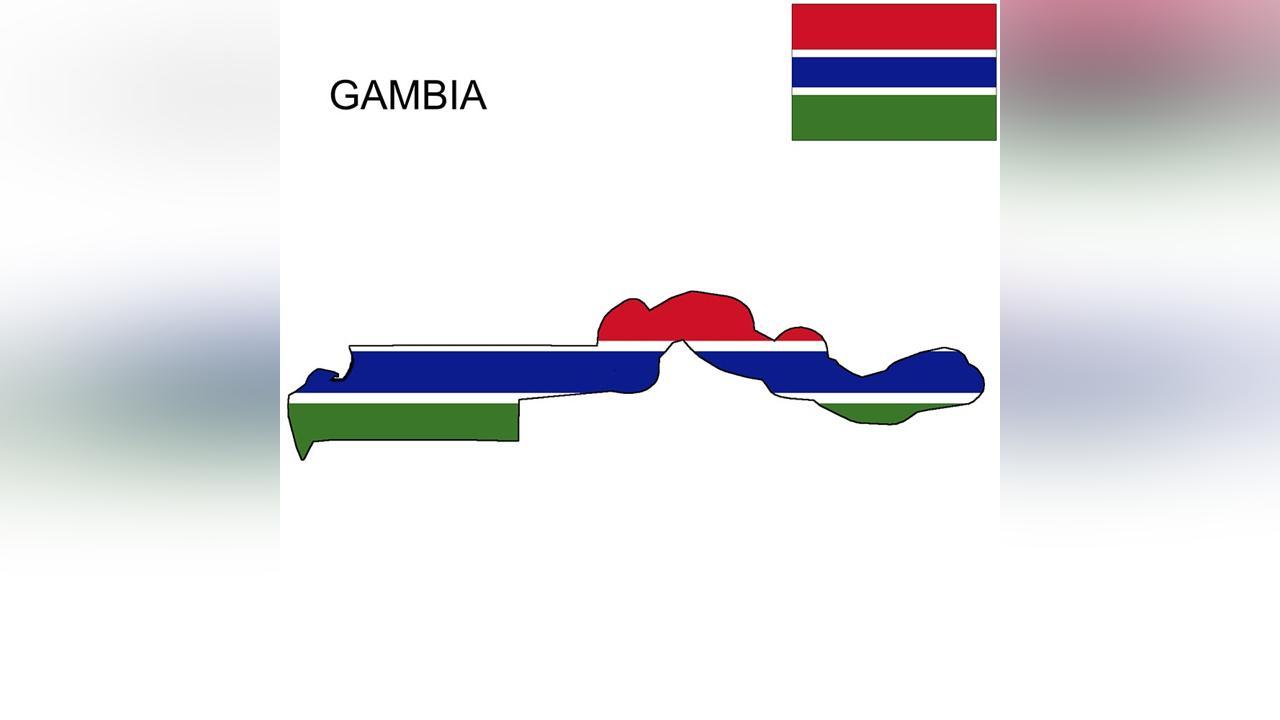Africa-Press – Gambia. The recent proposal to reciprocate residence permit fees with Nigeria and other ECOWAS member states demands scrutiny, particularly from a national security standpoint. While the principle of reciprocity aligns with sovereign equity, equality, and regional fairness, its implementation must be guided by a well-calculated strategy that safeguards The Gambia’s internal security.
First, such a policy shift could have unintended consequences without robust border control and immigration management systems. The Gambia Immigration Department must be equipped with the technological and human tools to monitor and control our porous borders effectively. Without these safeguards, the country risks a mass influx of undocumented immigrants.
The potential increase in undocumented individuals’ migration could, in turn, strain public services, create socioeconomic tension, and most concerningly, lead to a rise in crime rates in our Republic. This is not mere speculation. A relevant example, though sensitive and not intended to appear xenophobic, is the mass entry of Sierra Leonean nationals into The Gambia, which has been allegedly linked to the proliferation of the narcotic known locally as “Kursh.” This case underscores the urgent need for preemptive security measures.
Therefore, while reciprocating permit fees may be seen as a move toward asserting national dignity and regional parity, it must be approached cautiously. National security, social stability, and public order must remain paramount in our decision-making processes.
A well-coordinated inter-agency response, enhanced border surveillance systems, and strengthened immigration policies will be essential to mitigating any negative repercussions. Only through such foresight and preparation can The Gambia navigate this policy shift while preserving its citizens’ peace, safety, and well-being.
However, suppose these policy decision-making mechanisms are not looked at holistically, but by pleasing other ECOWAS member states. In that case, I can prophesy that the ripple adverse effects on our country will be catastrophic in terms of the surge in crimes and economic havoc on The Gambia. This should be avoided now rather than later for our collective sovereign well-being.
Ensa AB Ceesay
Citizens must not be threatened for making political demands
Citizens have the rights to use all legal, peaceful and nonviolent means to campaign, advocate, protest, condemn and demand Adama Barrow not to seek a third term. These actions are guaranteed by the Constitution as part of civil and political rights including the rights to freedoms of opinion, expression, association and assembly. These actions are not unlawful nor a threat to national security. Rather political demand by citizens generates political will by leaders.
Hence the President must be advised that he cannot and must not threaten citizens for making a political demand. I find this demand totally legitimate and necessary because a third term bid by Barrow is unethical and inimical to national interest.
Need we remind Adama Barrow that it was he who had said in 2016 that he would serve for only three years. He further said no Gambian should be president for more than 10 years. He also said he believed in and upheld the idea of presidential term limits and opposes self perpetuation in power.
He made these remarks in 2016 while campaigning for election. He wrote it in his 2016 manifesto. He further expressed this promise and intention in his several media interviews in 2017 and 2018. He reiterated the idea in his statement when he inaugurated the members of the Constitutional Review Commission in 2018.
Therefore, when citizens say that Barrow should not serve beyond 10 years it is not about him. It is about a principle, an objective and demand that is rooted in our recent political history and experience. It is because Barrow himself said it.
The presidency is not a birthright or a career for any citizen. It is a tool for public service within a limited timeframe. The presidency is not self service or to be served. Hence Barrow should understand that he does not own the presidency to do as he wishes. He already has a unique opportunity to serve for 10 years which he currently enjoys. But there is no legal or moral justification to stay beyond 10 years.
No honest Gambian can trumpet the 1997 Constitution as the justification to seek a third term after all we did to remove Yaya Jammeh and all that we know and said about self perpetuating rule. By all intents and purposes, we should not have had the 1997 Constitution standing today if Barrow had lived up to his own word. But after having betrayed his own constitution building project only to now want to rely on the 1997 Constitution is indeed unethical, shameful and dishonest.
Citizens should not allow politicians to dictate the life of this country to serve only their selfish interests. This is how the Gambia has become a basket case where underdevelopment, backwardness, corruption and abuse of rights and disregard of the law have become endemic. Barrow should advise himself to step down in 2026 in the interest of the peace, unity, good governance and prosperity of the Gambia.
Therefore, the least expected of him is to threaten citizens for asking him not to seek a third term. To ask a president not to seek another term is not unlawful. It is a political demand that requires only a political response, and not threats.
For the Gambia Our Homeland
Madi Jobarteh
Kembujeh
For More News And Analysis About Gambia Follow Africa-Press






